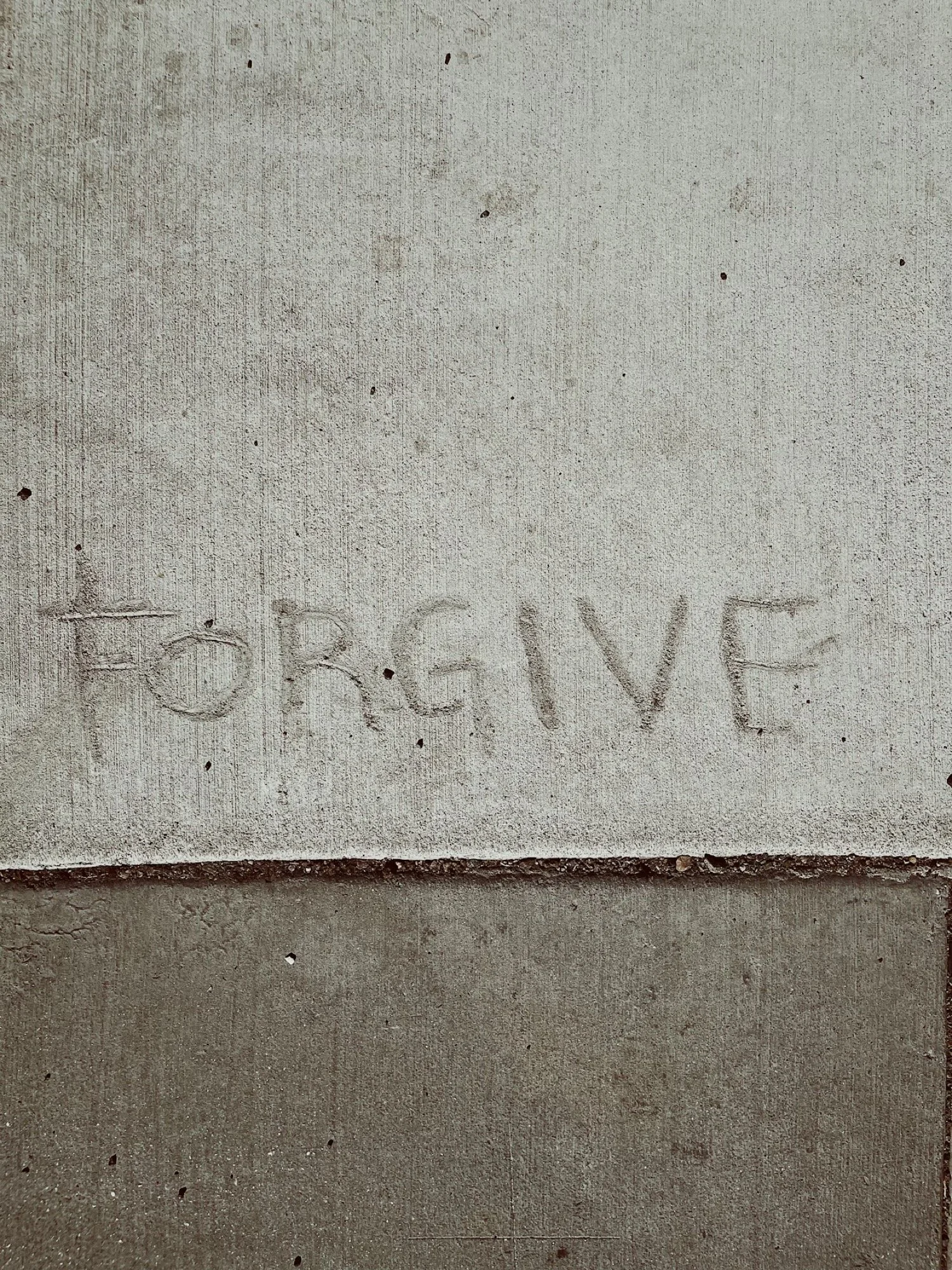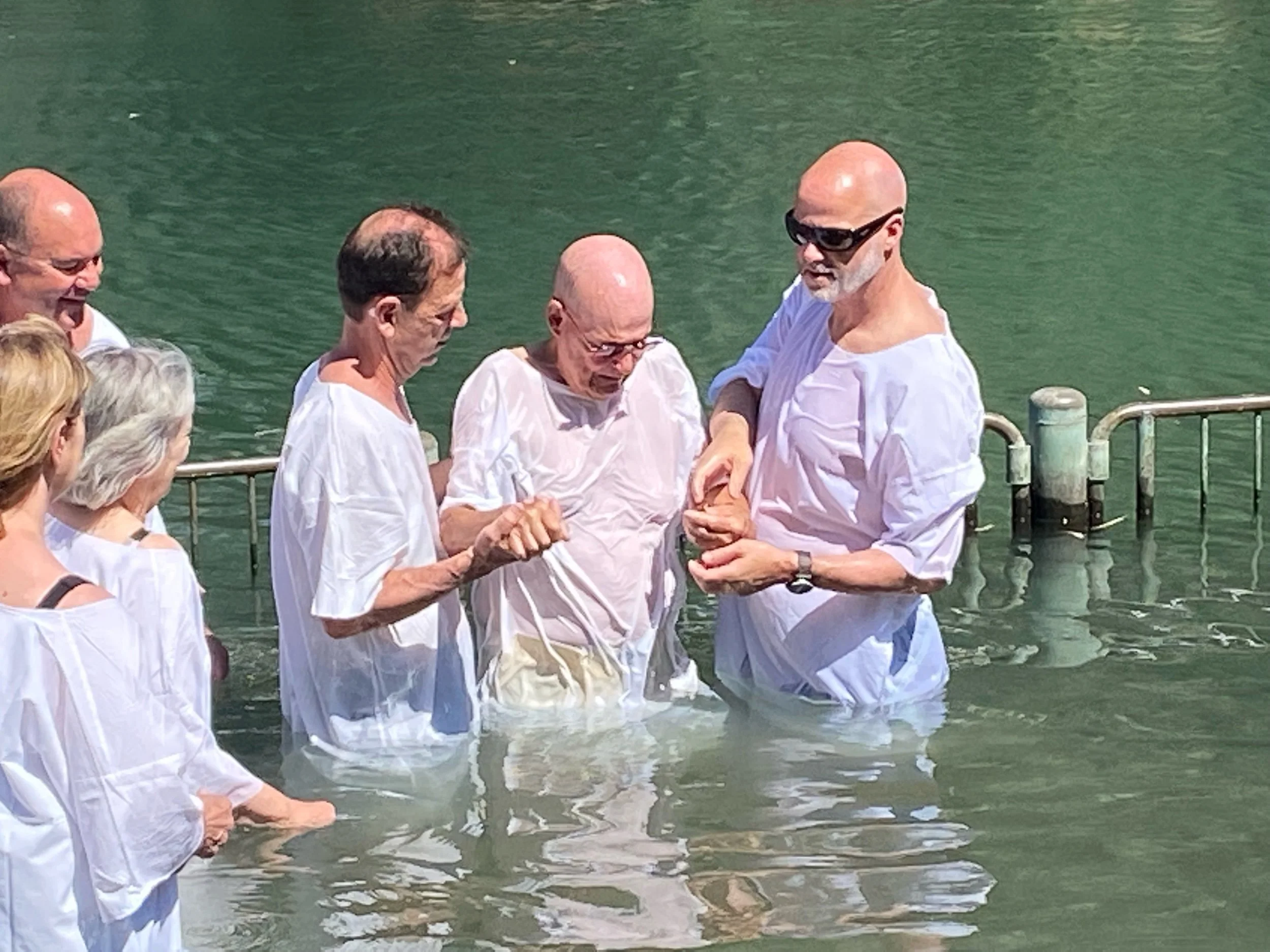Readings for today: Genesis 1-2
Father, by Your Holy Spirit, open Your Word to us that we may hear Your voice, learn what You would have us learn, and grow ever deeper in our faith. We pray this in the name of Jesus, amen.
Human beings are made to cultivate. Cultivate the earth. Cultivate the Garden. Cultivate and care for all of life. In recent years, most of my focus has been on the creation story of Genesis one. The rhythm of morning and evening. Everything good and perfect. The Lord God speaking the universe into existence. Creating humanity in His own image. Giving us dominion over all He has made. Calling us to be fruitful, multiply, and fill the earth. However, this year I decided to read the Bible in the old King James English. It translates the Hebrew “be fruitful, multiply, and replenish the earth…” That word “replenish” stuck with me as I turned the page and began reading chapter two. There it seems clear that humanity has a key role to play in cultivating all God has made. Everything was prepared. The ground was set. The seeds were planted. But nothing had yet grown because there had been no rain and “there was no man to work the ground.” (2:5) This does not mean that somehow God was helpless or too prideful to get His hands dirty, rather it suggests an invitation. A divine plan. God creating us for a purpose. To be the cultivators of all He has made. To be the stewards of all He has formed and fashioned. To care for the good and perfect world He has created. Remember, God is at rest. His work is complete. He now sits enthroned over all He has made and sends us – His servants – out to work according to His sovereign will. It is humanity’s job to work and keep the Garden. It is humanity’s job to name the animals the Lord God has made. It is humanity’s job to make sure the earth is continually replenished and tended and cultivated so that it will reflect the beauty and order and glory God intends.
So what happened? When did we make the turn from cultivators to exploiters? From stewards to squatters? From those focused on caring and replenishing to those focused on using creation to satisfy our own selfishness and greed? We’ll read about that tomorrow in Genesis 3 but the stage is set here in chapter two. Humanity will only retain her divine vocation insofar as she submits to God. In every instance save one, humanity is able to enjoy the fruit of her labor. As she cultivates, she is nourished. As she stewards, she is fed. As she cares for all God has made, the Garden itself provides for all her needs. However, there is one tree humanity is to cultivate but never taste. There is one tree she is to steward but whose fruit she is to never eat. She is to care for this tree but never experience it’s delights. This is her single act of submission to God. It is the tree of the knowledge of good and evil and it’s fruit is forbidden. Who knows how long Adam and Eve passed by this tree as they went about their daily chores? Days? Months? Years? Eons? We have no idea how long Adam and Eve cultivated and tended and replenished the earth under God’s direction. We only know there came a day when they stopped on their way to work. Listened to a crafty serpent. Gave into temptation. And all creation fell into ruin.
Thankfully, that is not the end of the story. In Jesus Christ, we see the 2nd Adam. Humanity as she should be. Perfectly submitted to the will of His Father. A Cultivator. A Steward. A Man who lived out His vocation to care for all God has made. Everywhere Jesus went, life seemed to flourish. The earth and all that was in it was replenished. Diseases were healed. Demons cast out. The unclean became clean. He cultivated humanity and restored her to her original vocation so that we, in turn, could cultivate others including creation itself. This has vast practical implications for our lives. Am I seeking to cultivate or exploit those around me? Am I stewarding the resources God has entrusted to me for the good of the world around me or am I using them for my own personal benefit? Am I seeking to care for the world? Make healthy and good choices? Build deep and strong relationships? Am I seeking to replenish the earth? Jesus summed it up simply when He said, “The Son of Man came not to be served but to serve and give His life as a ransom for many.” (Mark 10:45) If we are to fulfill our divine vocation to be cultivators of creation, we must commit ourselves to a life of service to those around us and the world in the name of Jesus.
Readings for tomorrow: John 1:1-3, Psalm 8, 104




